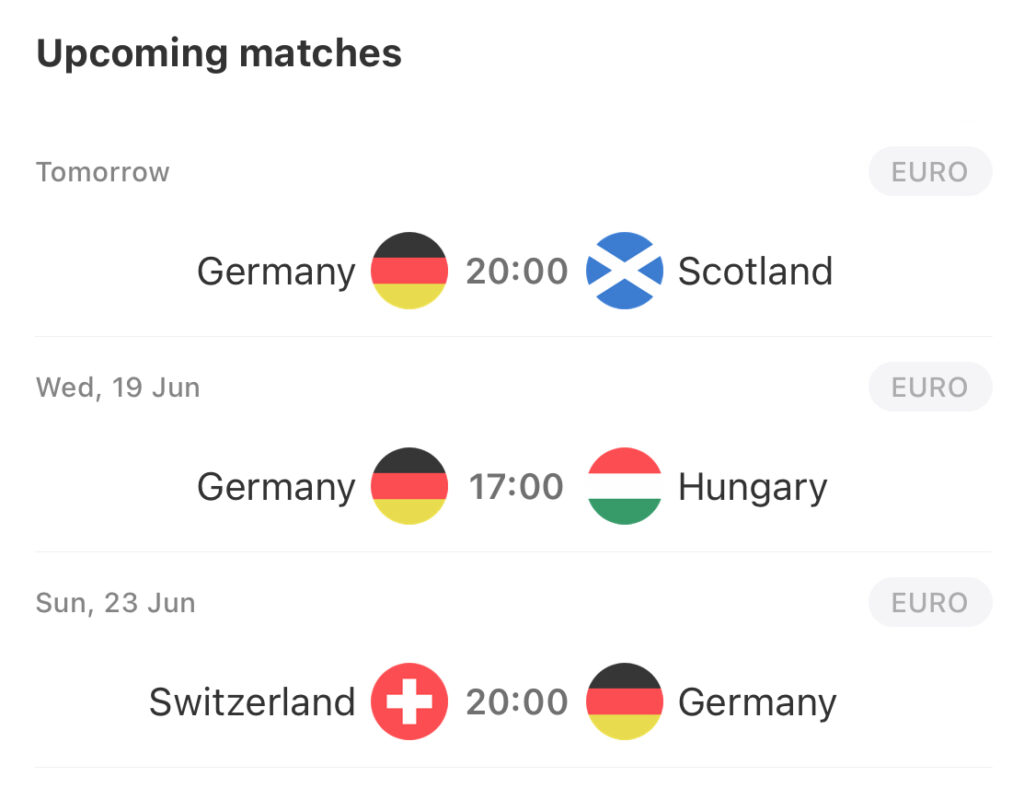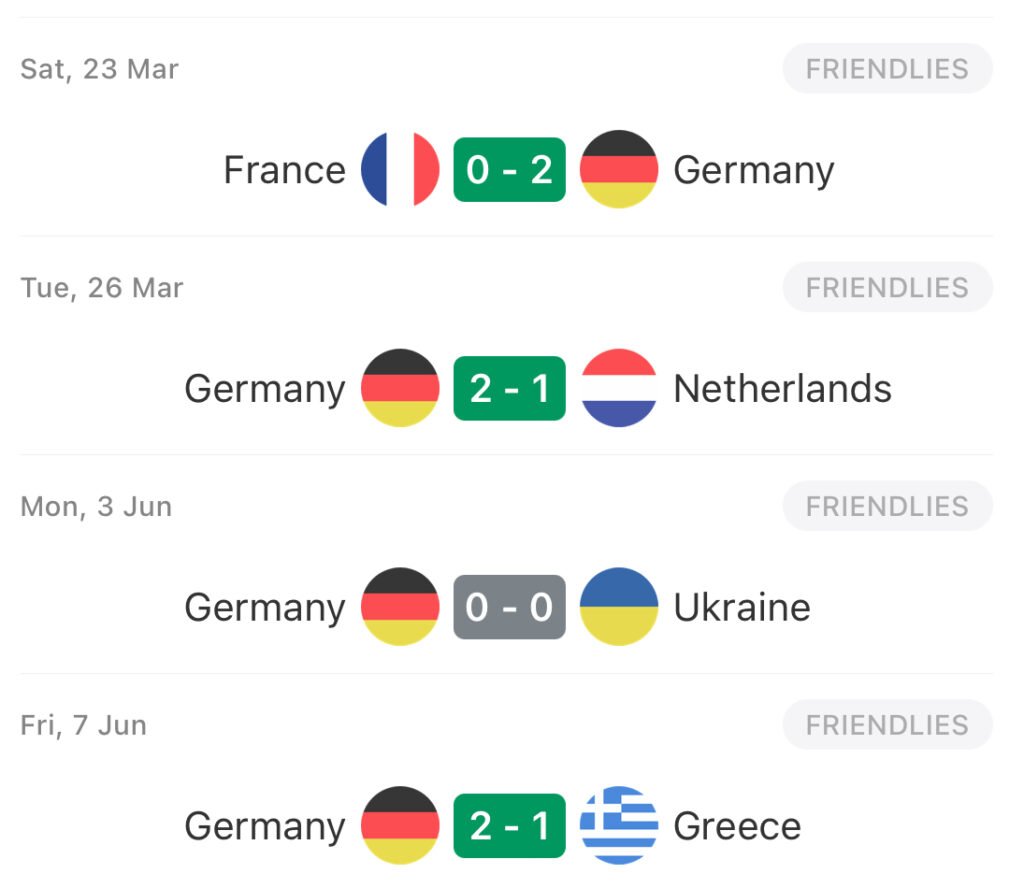Can Julian Nagelsmann reinvigorate Germany?
As the former Bayern Munich coach enters his first tournament as a national team manager, his task is to lift the spirits of a host nation still licking their wounds from the Hansi Flick debacle.
By Dharnish Iqbal
It may not seem like it now but at the time, Flick was an exciting appointment. The now-newly appointed Barcelona manager had worked as an assistant under Joachim Löw for 13 years and knew the setup inside out.
He got the call off the back of a resoundingly successful spell at Bayern Munich where he won an unprecedented six trophies in the 2019-20 season, including the Bundesliga, DFB Pokal and Champions League. But after exiting the World Cup in 2022 at the group stage following a chaotic final matchday, Flick received widespread criticism.
In September 2023 after a 4-1 defeat to Japan, Flick was sacked as things began to unravel further after the World Cup failure. He became the first manager in history to be sacked from the German’s men national team.
To make things worse, the damning lack of synergy, chemistry and quite frankly interest from the German players in Flick’s coaching methods was captured in an astonishing ‘All or Nothing’ Amazon documentary.

With the Euros only one year away after Flick’s sacking, the German FA turned to another former Bayer coach in Julian Nagelsmann.
Harshly sacked by Bayern after recording 71% win percentage in his near-two year spell with the club, Nagelsmann is one of the most coveted names in football management today.
Bearing in mind some of the jobs that were available this summer, it was a brilliant move to not only appoint him as manager for the Euros but keep him for the 2026 World Cup, with the former Hoffenheim coach extending his contract in April.
It’s rare to see one of the world’s elite coaches at an international job and that should be a huge advantage for Germany. It’s generally easier to connect with a fanbase when trying to lift the mood rather than dealing with the expectation of success.
Not to say Germany aren’t one of the favourites, but this tournament for a lot of Germans will be about regaining enthusiasm for watching their national team play, no doubt riding the coattails of a feverish home atmosphere.
Nagelsmann has already set the tone himself in a recent interview – “There is pressure involved but more so joy.”
There is an air of 2006 about this tournament for Germany. Back then, Jürgen Klinsmann took his Germany side to the semi-finals of the World Cup as they hosted the tournament following successive group stage exits at Euro 2000 and 2004.
Almost nobody tipped Germany to go far, but the tournament will always be remembered for the feel-good factor, sense of national pride, and optimistic atmosphere fondly remembered in the country.
It is remembered so fondly there is a name for it in Germany: ‘Sommermärchen’. There was even a documentary released in cinemas based on the national team’s journey in the World Cup and the buoyant spirit in the country.
Nagelsmann is all too aware of the importance of their experience:
“In an ideal world, we’ll get to see a ‘Sommermächen 2.0. We want to get people on board in the lead-up to the tournament and generate excitement.”
You could argue this team is better than the one in 2006. A mix of some of the most exciting attackers in the world – Jamal Musiala and Florian Wirtz – combined with seasoned professionals who’ve seen it all and won it all – Joshua Kimmich and Antonio Rüdiger, for example.

Nagelsmann has pulled out all the stops, coaxing Toni Kroos out of international retirement as the now-former Real Madrid player wants his swansong to be as he puts it “like a fairytale.”
The fact Kroos wants to finish his career playing for his country as it hosts a tournament speaks volumes for how much everyone involved desperately wants this to be an uplifting campaign.
After a stuttering start under Nagelsmann, the wins over France and Netherlands in March were a much-needed shot in the arm as adjustments were made to improve the team.
Players like Julian Brandt and Mat Hummels were dropped whilst in-form Bayern Leverkusen players Jonathan Tah and Robert Andrich have provided Germany with necessary steel.

Nagelsmann also finally seems to be deploying Kai Havertz up front having shown fine form at club level for Arsenal, as opposed to trying him at full-back in games vs Austria and Türkiye.
Whilst home advantage can be a strength, if Germany get off to a rocky start vs Scotland, nervousness and trepidation in the crowd may start to effect the players.
Captain İlkay Gündoğan said yesterday in an interview “We hope this time that we benefit somewhat from the euphoria in our home country.”
The message is clear: Germany wants to bring joy back to the nation with this tournament and party like it’s 2006. History normally associates the men’s German national team with an ominous air of winning irrespective of emotion. This time they’re attempting to use it to spur them on and create new memories.
(Cover image from IMAGO)
You can follow every game from Euro 2024 live with FotMob — featuring deep stats coverage, xG, and player ratings. Download the free app here.